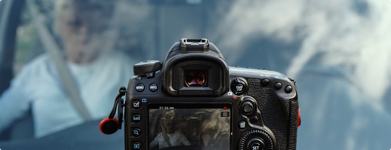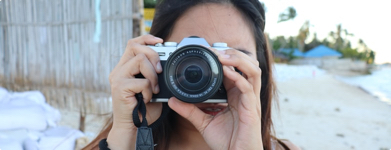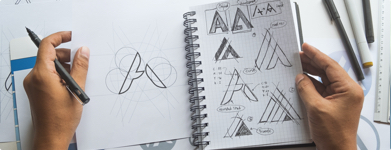
The Best Photo Editing tips for Subject Framing & Low Light
If you're a click-happy shutterbug, who wants to learn more about how to frame a subject properly or is fed up with getting terrible pictures at night, then read on. We've got some of our favorite professional photo editing tips to help you get started.
Let's start with the best and perhaps most important rule of all - try everything and enjoy yourself while you do it. Experimenting is how you learn what you like and what you don't. It allows you to get familiar with your equipment, learn to stop sweating the small stuff, and explore your photo-editing software. Great photos are a product of lots of pictures, failing miserably and falling in love with the process.
To get started, study some of the works by your favorite photographers and see what techniques they use. Try some of them; the results might surprise you.
Framing the subject
Framing allows you to express yourself through how you view the world. Make a composition enjoyable by using the Golden Ratio. You do this by imagining a Fibonacci Spiral over the frame. Now line up the shot, so the points of interest make the viewer's eyes move from outside of the spiral towards the center. This might sound complex, but there are more natural things to try, like shooting a landscape through an open window, framing a subject in trees, or a child with their toys. Editing can help you manipulate it a little by cropping or rotating it until it feels right.
Low light tips
When it comes to low-light, even the best photographers struggle with getting things right. Yet a number of the most critical events in our lives happen in the evenings or in rooms that glow softly rather than have bright, flashy lights. Here's what you should remember, though. Increase the ISO to get a brighter image, use a large aperture setting to let in more light and slow down your shutter speed to limit blur. While you might get a slightly more grainy image, you can reduce the 'noise' when you edit later. As for flash, skip it unless you have an off-camera or get ready for overexposure and washed out faces.
-

Learn How To Edit And Post Instagram Photos Like A Pro
A photo can speak a thousand words and help you see things from a different perspective. We all love sharing pictures, and millions of photos are shared daily online.
-

5 Basic Photo Editing Tips
Photography makes for an excellent hobby, but often, some basic editing is necessary for stunning photographs.
-

Design Tips To Get More Clicks On Your Banner Ads
With the internet gaining in popularity and becoming more easily accessible, companies are shifting their focus to advertising online.
-

An Easy Guide To Logo Design
Logos are one of the ways we remember companies. If you're in the process of creating one for your company, remember that this is one of the critical things people associate with your brand.



